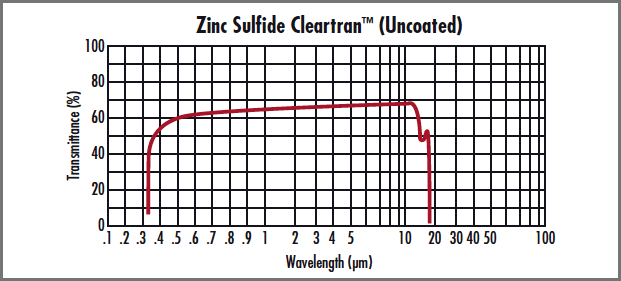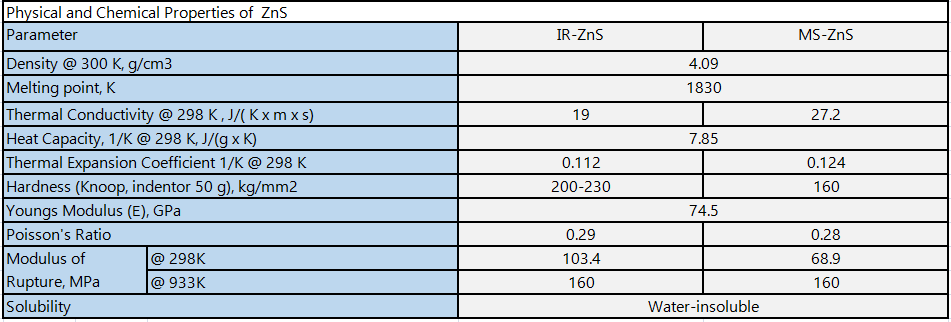The same premix of the same manufacturer is also a reasonable feed formula. After using it on different farms, the feeding effect is sometimes different. What are the reasons? Based on years of experience in pig farm work and pig breeding techniques, the author analyzes the main reasons for the following: 1. Differences in feed ingredients. A feed formulation involves a variety of feed ingredients, the variety, origin, storage time and conditions of the feed ingredients vary. The effects of factors other than conventional nutrition indicators on feeding effects can not be ignored, just as feeding the spoiled fish meal can not only produce good feeding effects, but also cause death of pigs (especially suckling pigs, weaned piglets). The same or similar raw materials on the surface, but the effect is different. 2. Targeted feed formula. According to the physiological characteristics and nutritional needs of pigs at different stages, the feed formula is designed. Sometimes it is necessary to adjust the feed formula according to the specific growth environment and flexibly control the amount of feed to achieve better feeding effect. 3. Differences between varieties cannot be ignored. Different feed formulas are designed according to different types of varieties and lean meat rate. It is not appropriate to feed all breeds of pigs with one feed formula. 4. The rigor of production. The same feed formula and feed ingredients, the effect of production sometimes appears when there is a good time. Under the premise of excluding the pigs themselves, it is likely that they are not produced in strict accordance with the operating procedures in the feed production process. For example, the length of the mixing time of the feed ingredients, the order of the feed ingredients into the mixer silo, and the accurate weighing of each feed material may affect the final effect of the feed. In general, the trace components cannot be placed in the mixing chamber first, nor can they be placed in the mixing chamber at the end, otherwise the mixing may be uneven. For mutually influential raw materials (such as mineral elements have a destructive effect on vitamins), when mixing the feed ingredients, they should not be put together and added to the mixing chamber. They should be placed in the mixing chamber in order, in order. There should be a certain amount of time in the process; for pharmaceutical feed additives, although the amount to be added is small, the requirements for addition are very strict, and the addition is less than the proper effect. If added, it will be poisoned. Danger, therefore, must be accurately weighed.
Multi-spectral grade of zinc sulfide has low absorption and scatter properties over its broad transmission range of 0.4 - 12μm. Zinc Sulfide Multispectral is a chemically vapor deposited material which is commonly used in thermal imaging. With its excellent transmission properties in the visible and infrared, Zinc Sulfide Multispectral is the material of choice for systems that have both visible and mid-wave or long-wave infrared sensors. It is slightly harder and more chemically resistant than zinc selenide.
We consistently offer various high quality optical components according to the customer's requirements use other infrared materials. Such as prisms,Spherical Lens, aspherial lens,Ball lens,Optical Windows,Achromatic Lens,cylinder lens etc.
ZnS lens and ZnS windows specifications:
Zinc Sulfide Lens,Zns Spherical Lens,Zinc Sulfide Aspherical Lens,Zns Plano-Convex Lens China Star Optics Technology Co.,Ltd. , https://www.opticsrealpoo.com



Standard precision
High-precision
Dimension Tolerance
φ5-100mm+0/-0.2
φ3-250mm+0/-0.2
Center Thickness Tolerance
1-15mm+/-0.1
1-30mm+/-0.05
Centration
1 arc minutes
10 arc seconds
Surface Quality
60/40
40/20
Power(fringe@633nm)
N<λ@633nm(in 25mm)
N<λ/4@633nm(in 25mm)
Clear Aperture
>90%
>95%
Chamfer
Protected <0.5mmx45deg
Protected <0.5mmx45deg